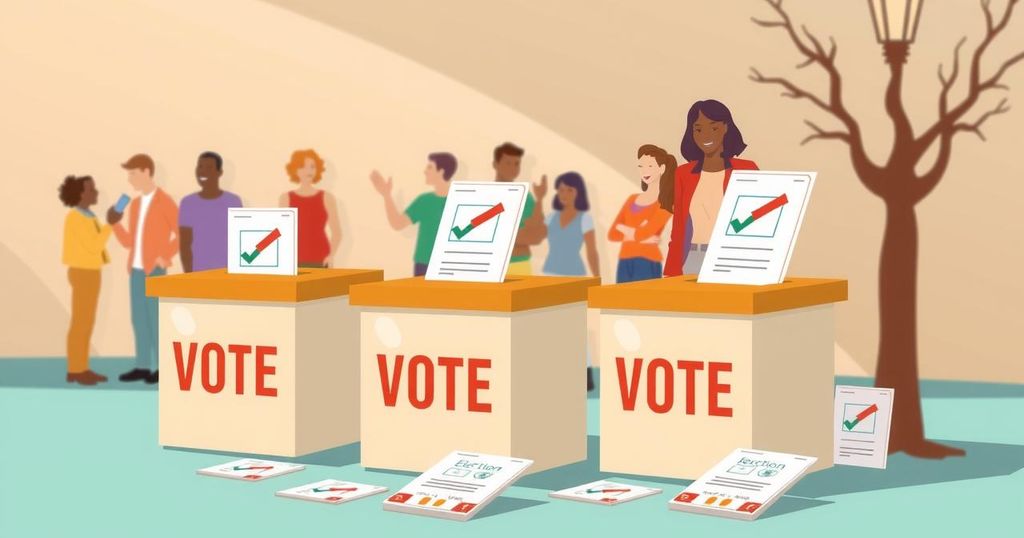South Africa’s 2025 Budget, presented by Finance Minister Enoch Godongwana, includes a reduced VAT increase to 15.5%, maintains the general fuel levy, and adds more food items to the VAT zero-rated list. Significant infrastructure investment is promised, contributing to agriculture growth and consumer relief. However, the proposals await parliamentary approval.
In South Africa, Finance Minister Enoch Godongwana recently unveiled the 2025 Budget, following significant delays. This budgetary plan aims to expedite economic activity. Notably, the expected 2% increase in value-added tax (VAT) has been reduced to a more manageable increase of 0.5%, bringing the VAT rate to 15.5% starting May 1, 2025, with a further increment anticipated for 2026/27.
From an agricultural perspective, the decision not to raise the general fuel levy for 2025/26 is a positive development. Given that fuel represents approximately 13% of production costs in the grain sector, this decision is crucial for effective distribution of agricultural produce and inputs throughout the country. Additionally, the absence of changes to the Health Promotion Levy after a two-year pause allows the industry time to adapt and innovate.
The government has pledged significant investment in infrastructure, targeting capital asset payments that are forecasted to constitute 5.1% of total expenditure with an annual growth rate of 8.1% over the next three years. This commitment is expected to bolster sector confidence and facilitate agricultural growth. However, existing challenges such as poor logistics infrastructure, including deteriorating roads, impede operational efficiency, necessitating greater investment in transport facilities as envisioned in the Agriculture and Agro-Processing Master Plan.
Moreover, the budget proposal includes a R130 increase in pension grants and the expansion of the VAT zero-rated list to encompass additional food items. These measures aim to ease consumer pressure and enhance food accessibility and affordability. There is also an emphasis on fiscal sustainability, as the budget does not allocate funds for bailing out state-owned enterprises, which could foster greater business confidence and attract investment. Nonetheless, these proposals require approval from Parliament before implementation.
The 2025 Budget delivered by Finance Minister Enoch Godongwana has introduced several significant changes that are expected to positively impact various sectors. The modest VAT increase, lack of a fuel levy hike, commitment to infrastructure investment, and support for social welfare programs signal a constructive approach toward fostering economic growth. Attention to agriculture and consumer relief may help stabilize the economy, although final approval from Parliament is necessary to realize these initiatives.
Original Source: www.zawya.com




